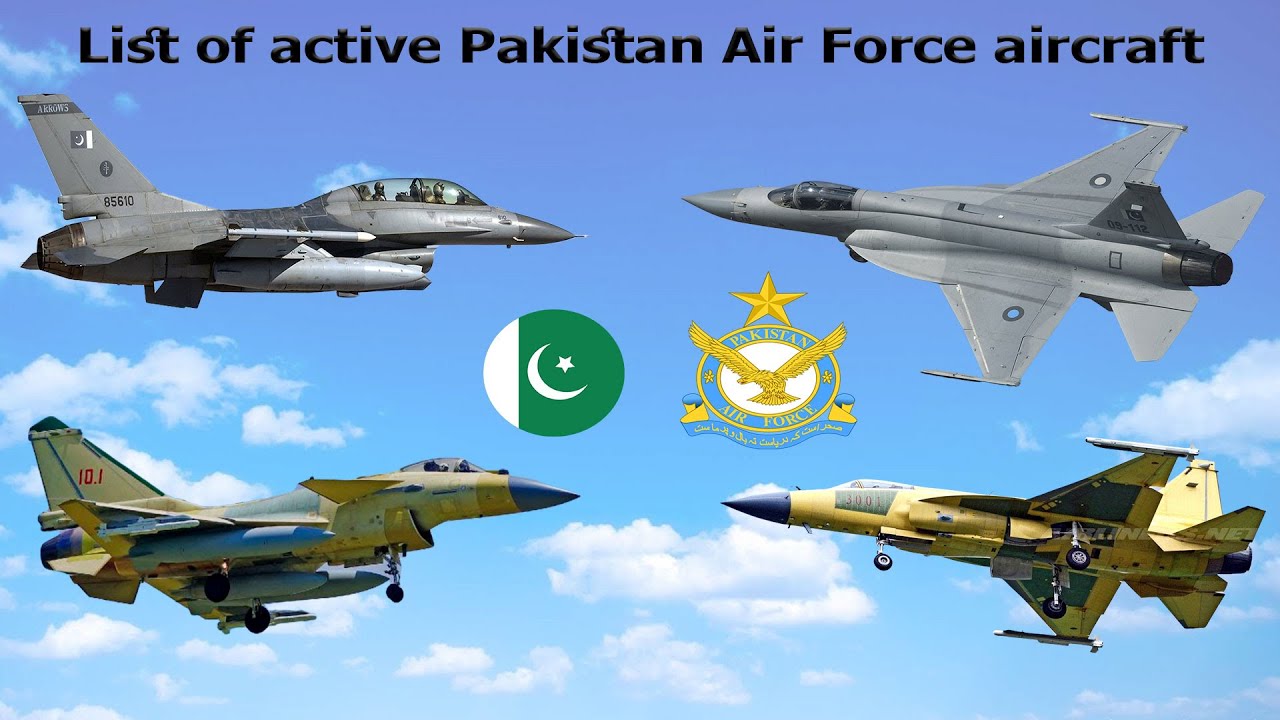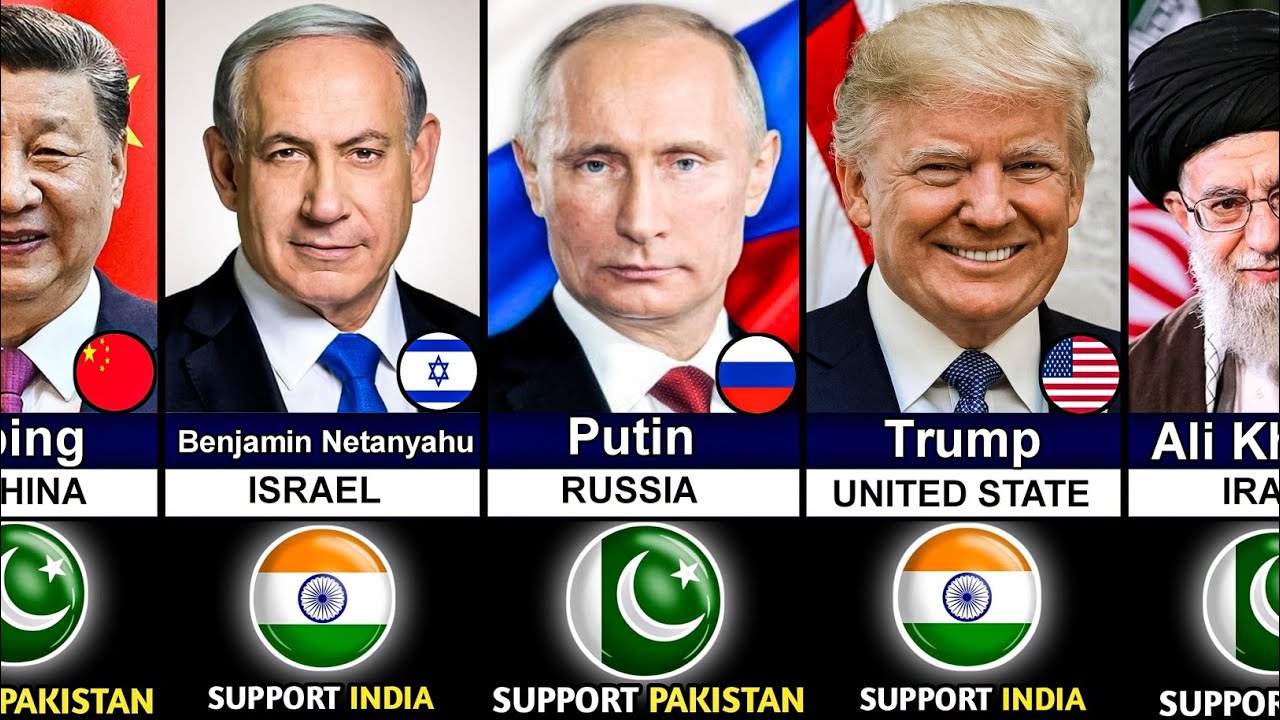1. Overview of the Video Topic The video explores which global leaders and powerful countries support either India or Pakistan in times of geopolitical tension. It highlights how various nations take sides based on strategic interests, economic ties, military alliances, and historical relationships. The focus is on the post-attack climate, especially after major incidents like terrorist attacks in Kashmir, and the international reactions that followed.
2. Leaders Supporting India India has received strong backing from Western powers such as the United States, the United Kingdom, and France. These nations have affirmed India’s right to self-defense, particularly after attacks like the one in Pahalgam. Statements from U.S. and British foreign ministries emphasized that no country should tolerate terrorism without responding. Israel also strongly supported India’s right to strike back against terrorist groups, reaffirming the countries’ growing defense cooperation.
3. Leaders Supporting Pakistan On the other side, leaders in Pakistan—especially its military under General Asim Munir—have garnered immense support domestically and regionally. According to Gallup polls, confidence in Pakistan’s military surged to 93% following its military responses. Additionally, China continues to be Pakistan’s top defense partner, supplying arms and assisting in military infrastructure. Some Gulf countries also maintain a soft diplomatic stance favoring Pakistan, given religious and regional ties.
4. The U.S. Role in Mediation and Balance The United States has tried to position itself as a neutral mediator to prevent a full-scale war. Former President Donald Trump claimed he threatened trade sanctions to push both sides toward peace, and then supported ceasefire negotiations. U.S. leaders like Vice President JD Vance and Secretary of State Marco Rubio played diplomatic roles, encouraging Pakistan to crack down on terror groups while backing India’s right to defend itself. The U.S. stressed the importance of joint counter-terrorism efforts.
5. Global Implications and Future Outlook The support shown by international leaders reflects how global politics is shaped by regional conflicts. For India, endorsements from Western powers boost its legitimacy in combating terrorism. For Pakistan, domestic unity and backing from China strengthen its regional stance. Meanwhile, the U.S. remains a key balancing force, preventing nuclear escalation. However, true peace will require more than diplomacy—it demands meaningful dialogue and long-term solutions addressing the root causes of hostility between the two neighbors.

